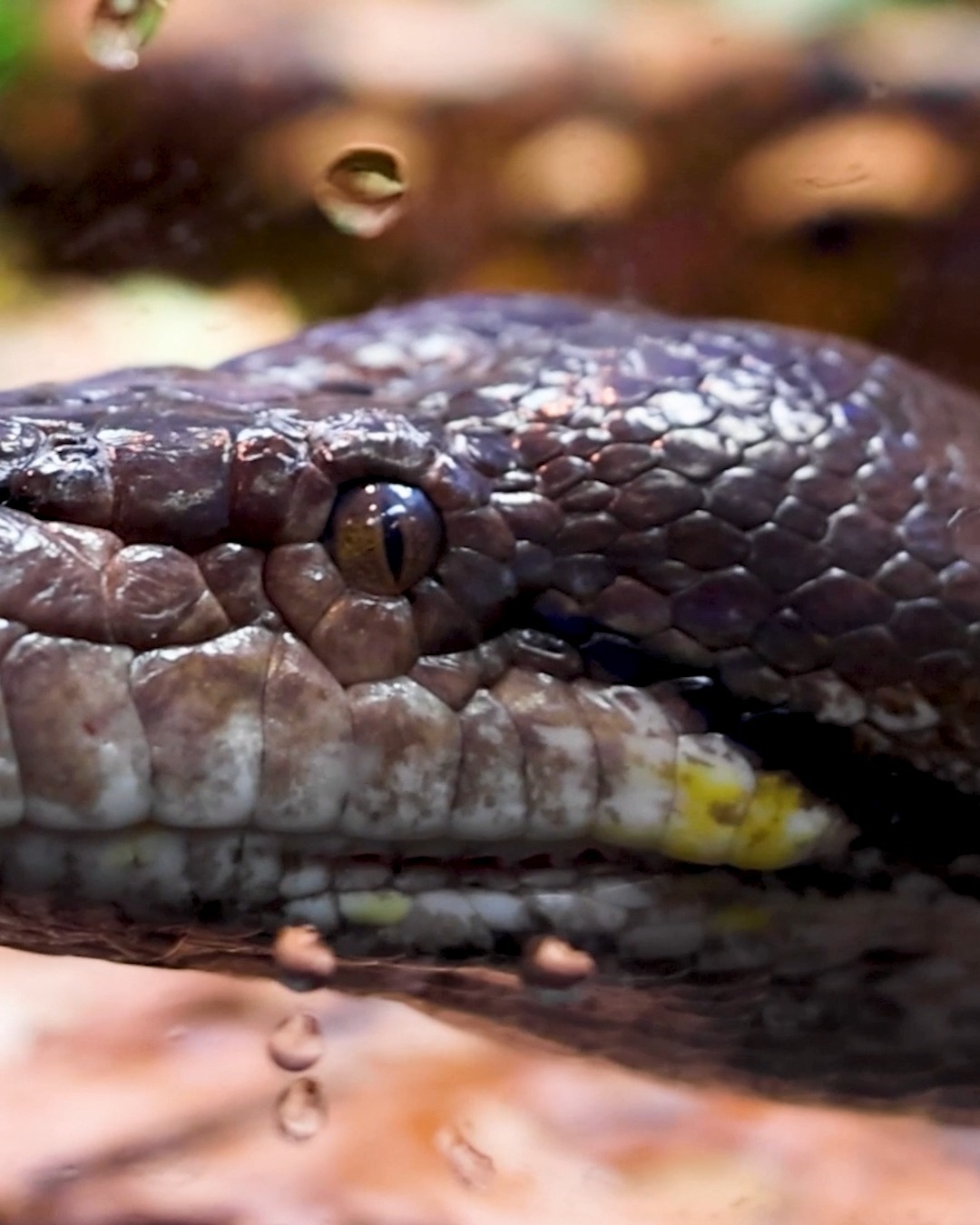- Explore the importance of interactive wildlife experiences for education and conservation.
- Understand the significance of reticulated pythons and their ecological roles.
- Learn about Cuban crocodiles, their behavior, and their conservation status.
- Evaluate the impact of hands-on animal encounters on public awareness and support for conservation.
- Address zoo management practices that prioritize animal welfare and sustainability.
This Friday, prepare for an engaging day of exploration at the Animal Rescue Center (ARC), where education and entertainment converge through a host of captivating animal encounters. Wildlife experiences like these play a pivotal role in raising awareness about conservation efforts and the ecological importance of diverse species. By participating in these immersive activities, visitors not only gain insight into the lives of fascinating animals but also become advocates for their protection.
At the heart of this experience is the opportunity to witness a reticulated python feeding—a fascinating spectacle that sheds light on the dietary habits and ecological niches of one of the world’s longest snakes. Reticulated pythons are native to Southeast Asia’s tropical rainforests and play a critical role in maintaining balance within their ecosystems. As apex predators, these pythons help regulate populations of prey species, preventing overgrazing and promoting biodiversity.
Understanding the behaviors and needs of reticulated pythons can significantly contribute to their proper care in both wild and captive environments. Unlike many other snake species, pythons are constrictors, meaning they subdue their prey by coiling around it and applying pressure until it suffocates. This feeding method underscores the python’s role as a formidable hunter and highlights the intricate adaptation mechanisms that enable it to thrive in diverse habitats.
Join the ARC team for a Keeper Chat featuring Cuban crocodiles, Miguel and Rose. These engaging sessions offer a unique opportunity to learn about a species that is critically endangered in the wild. Cuban crocs are endemic to Cuba, with primary populations in the Zapata Swamp and the Isle of Youth. Known for their robust bodies and powerful jaws, they are apex predators crucial for the health of freshwater ecosystems by controlling prey populations and promoting biodiversity.
Cuban crocodiles have a limited geographic range, making conservation efforts vital for their survival. Human activities, including habitat destruction and illegal hunting, have significantly impacted their numbers. By engaging with these crocodiles during a Keeper Chat, visitors gain firsthand knowledge about the challenges faced by these reptiles in the wild and the measures needed to ensure their conservation.
Interactive encounters with tortoises, snakes, skinks, and other reptiles offer additional learning opportunities. Each species plays a unique ecological role, contributing to their environments in ways that humans are just beginning to understand. For instance, tortoises are key in seed dispersal, snakes control pest populations, and skinks aid in soil aeration. These interactions further emphasize the interconnectedness of all living beings and the importance of preserving biodiversity.
Public engagement through hands-on experiences is a powerful tool for fostering environmental stewardship. Zoo programs that allow visitors to interact with animals and learn about their natural behaviors are instrumental in demystifying wildlife, making conservation issues more accessible. When people have the chance to connect with animals on a personal level, they are more likely to support initiatives aimed at habitat preservation and species protection.
Zoo management practices at the ARC prioritize animal welfare and sustainability. Ethical considerations in caring for captive animals involve addressing all aspects of health and safety while simulating natural habitats to encourage natural behaviors. By maintaining environments that reflect the animals’ native ecosystems, zoos can provide for the psychological and physical needs of their inhabitants, promoting wellbeing.
Sustainability is another cornerstone of responsible zoo management. The ARC employs green practices, such as recycling waste and conserving water, to minimize its environmental footprint. Education is integrated into these efforts, with the aim to inform guests about sustainable living practices they can adopt in their own lives. This approach underscores the vital role zoos can play in both conservation education and practical sustainability.
This Friday at the ARC, attendees will experience firsthand the powerful impact that engaging, educational wildlife encounters can have. By exploring the lives and habitats of animals like the reticulated python and Cuban crocodile, visitors not only learn about these species but also contribute to a broader understanding of conservation efforts. Through informed participation, every visitor becomes a crucial partner in the global mission to safeguard our planet’s diverse wildlife and ecosystems.
*****
Source Description
🦎 This Friday, join us at the ARC for a wild day of fun and fascinating animal encounters!
🐍Watch a reticulated python feeding, meet our Cuban crocs Miguel and Rose during Keeper Chats, and get up close with tortoises, snakes, skinks, and so much more!
📍 The action kicks off at 10AM this Friday inside the ARC — don’t miss it!


